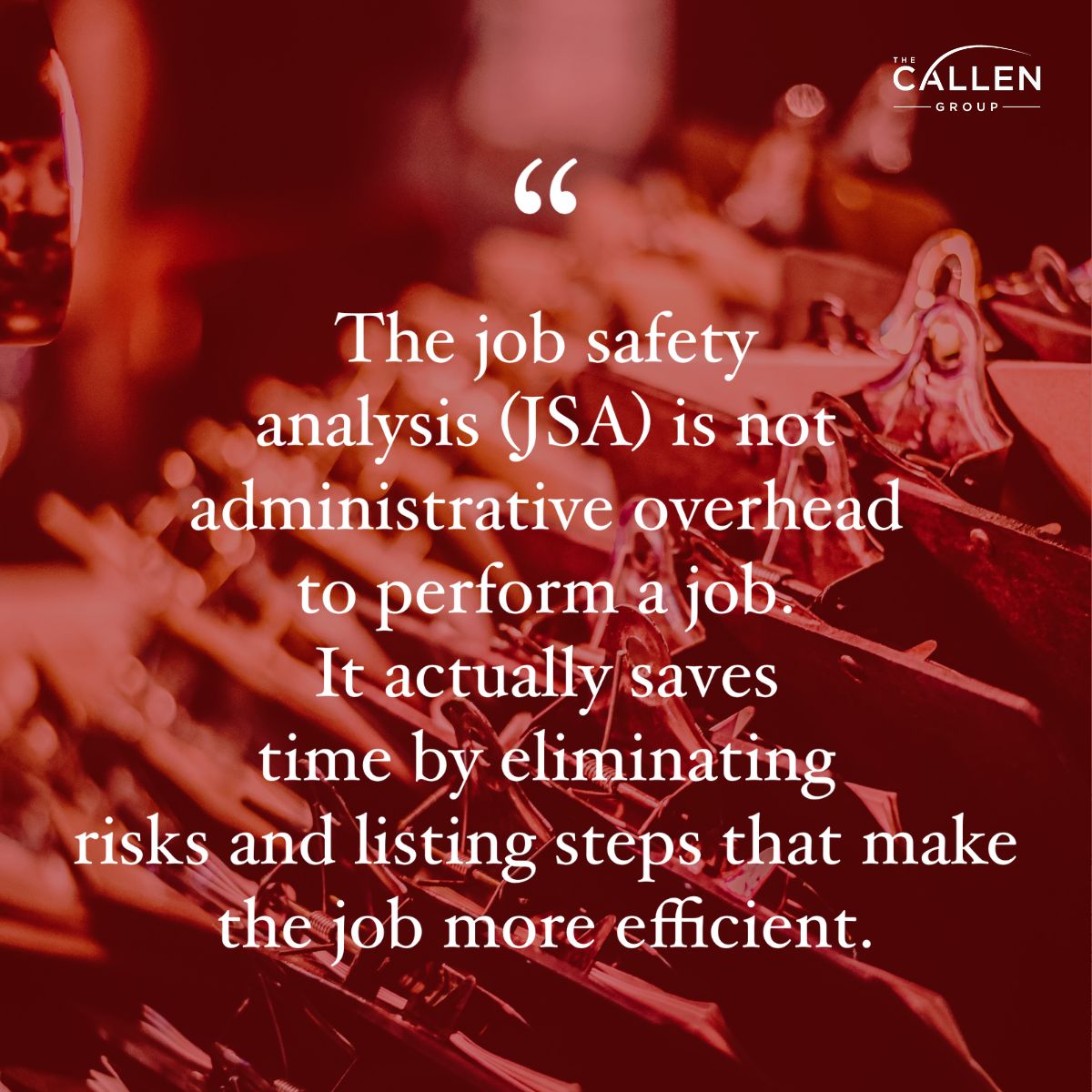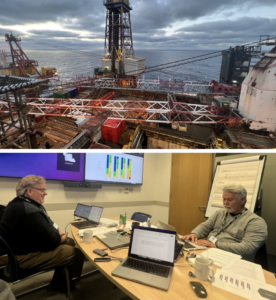“Why do you think we have the paper?”
I hear all sorts of things:
– It is for the lawyers, or it is to cover your rear.
– It is to prove to the office we are doing Job Safety Analysis.
– It is to make a job idiot proof —the list goes on.
The paper is there so that we don’t forget things when we are out on deck doing a job, and we are thorough when identifying the risks.
So, paperwork is there for a reason, but is paper necessary for every job? No, there are probably some jobs where we do not need paper. There are some jobs that you can probably do without it.
This is where we have lost the ownership from our crews when they are told that they must have a written JSA for every single job. That just isn’t real. Where do we draw the line?
It doesn’t mean you don’t have the thought process every time; it just means there are some jobs that are low risk enough or not detailed enough so that they can be handled with the thought process and discussion alone.
That is why we stress that job safety analysis can sometimes just be verbal. I don’t believe that if you are pulling out a JSA for making a cup of coffee or mopping a deck that you really understand the purpose and intent of the JSA.
This is an excerpt from my book ‘Commit to Safe and Efficient Operations’ you can get a copy here: https://bit.ly/3sQ45xM
hashtag#SafeandEfficient hashtag#TheCallenGroup hashtag#HSE hashtag#Saftey hashtag#OffshoreDrilling hashtag#JSA hashtag#JobSafetyAnalysis











